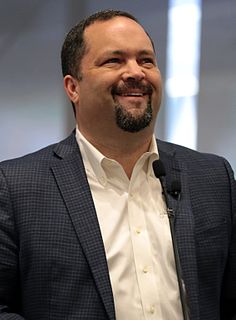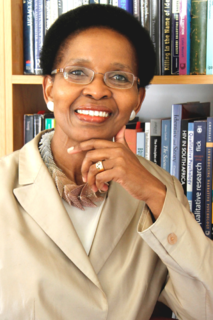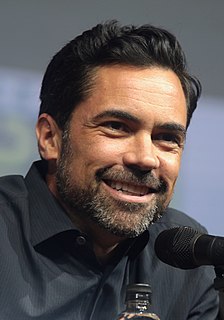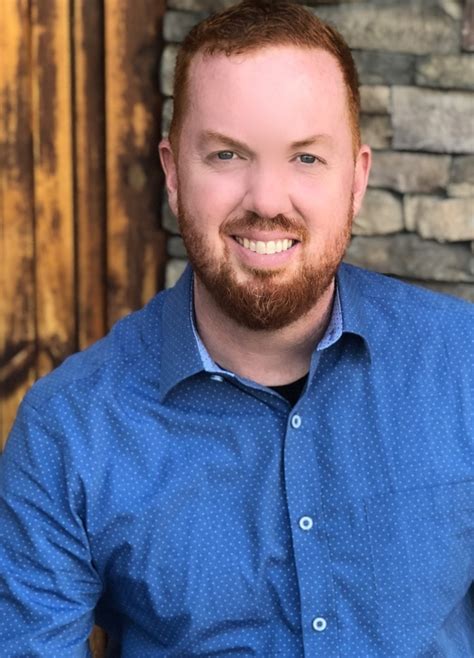A Quote by S. J. Rozan
When a crime is committed, only the victim and the victim's close circle experience the event as pain, terror, death. To people hearing or reading about it, crime is a metaphor, a symbol of the ancient battles fought every day: evil versus good, chaos versus order.
Related Quotes
The main difference is, in 'Cold Case,' the victim sometimes had been dead for decades - you didn't have the advantage of being able to interview the victim. You had to piece together the circumstances surrounding the crime from witnesses and other evidence. 'SVU' is much more immediate in that you can talk to the victim.
Being a victim doesn't take much. There are built-in excuses for failure. Built-in excuses for being miserable. Built-in excuses for being angry all the time. No reason to trying to be happy; it's not possible. You're a victim. Victim of what? Well, you're a victim of derision. Well, you're a victim of America. You're a victim of America's past, or you're a victim of religion. You're a victim of bigotry, of homophobia, whatever. You're a victim of something. The Democrats got one for you. If you want to be a victim, call 'em up.
That it is not enough to catch a criminal and get them convicted and so on, because the victim remains with the consequences of the crime. Something needs to be done. Let's complete that process, interact with civil society about this, so that we will specify what is it that we do in the context of that Charter that would then make this positive impact on people who might have been affected by crime.
Every time a crime was committed by a Muslim, that person's faith was mentioned, regardless of its relevance. When a crime is committed by a Christian, do they mention his religion? ... When a crime is committed by a black man, it's mentioned in the first breath: 'An African American man was arrested today...' But what about German Americans? Anglo Americans? A white man robs a convenience store and do we hear he's of Scottish descent? In no other instance is the ancestry mentioned.






































